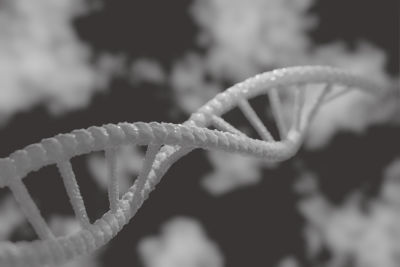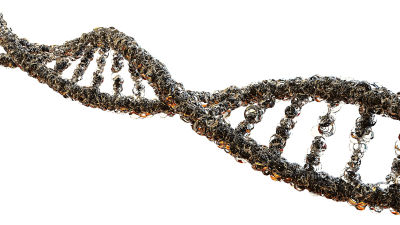There are different theories of aging, they include programmed aging, accidental aging, mitochondrial dysfunction, telomeres andaging mechanisms. Neither can we change our DNA, nor the deterioration rate of the structures and functions of our cells.Thus understanding the aging mechanisms will become vital for identifying ways to delay the aging process. And that is the part we can have certain influences over the development rate of the aging tissues.

Programmed Aging
This theory views aging as a natural process that follows a ‘healthy’ cycle in the body, it is known as genetically programmed aging and followed our biological timetable.

Accidental Aging
This is based on the wear and tear theory – our bodies wear out over time. With the exposure of radiation, toxic burden, UV,
Free radicals are produced and caused changes and damages to our cells.

Mitochondrial Dysfunction
Every cell in the human body has mitochondria to produce energy ATP, but this process produces free radicals that can make people aging too. Long-term exposure to environmental toxins may cause damage to mitochondrial DNA accumulation and accelerate aging.

Telomeres
Telomeres are special DNA sequences to protect the ends of DNA strands. A small amount of DNA is lost at each chromosome during cell division.
If the telomere is shortened or damaged, people will be more prone to aging and diseases.






